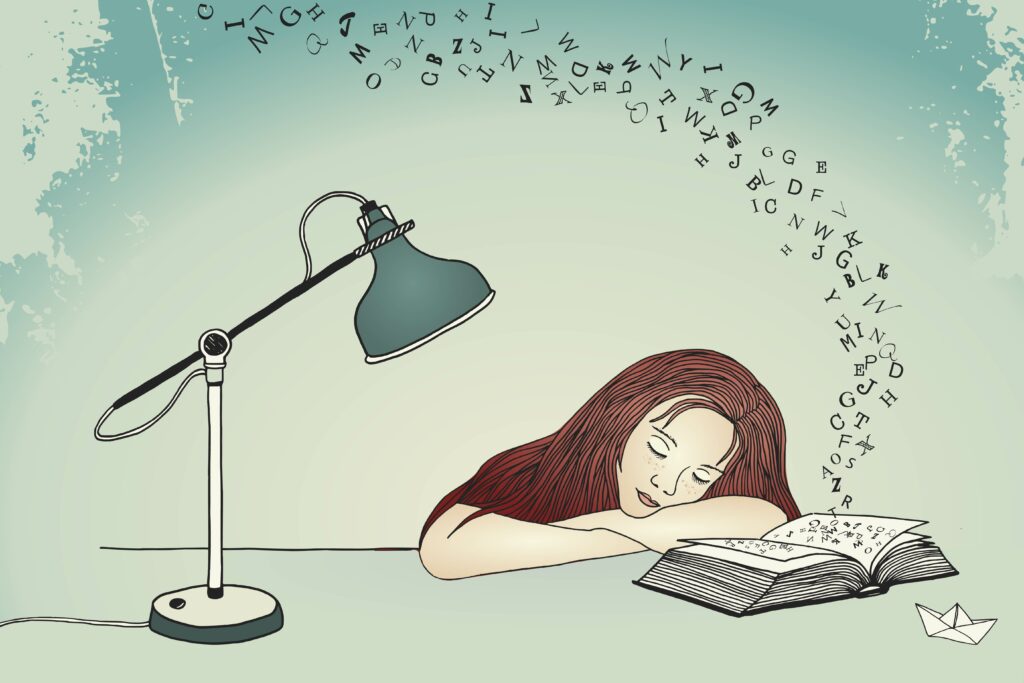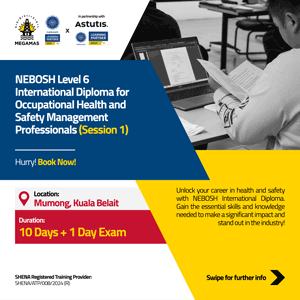Poetry’s role in mental health recovery
AFP – Music is often celebrated for its ability to soothe the soul, but the benefits of poetry are less widely recognised. However, poetry may hold unexpected healing powers. A study conducted during the COVID-19 pandemic found that those who write or read poetry can experience reduced feelings of loneliness, sadness, and anxiety.
The COVID-19 pandemic triggered a global surge in anxiety and depression, with rates increasing by approximately 25 per cent, according to the World Health Organization (WHO). While concerns about contracting the virus and financial difficulties played a significant role in this rise, social isolation and, more broadly, loneliness emerged as key drivers of stress and anxiety.
This prompted numerous organisations, associations and institutions to launch initiatives to alleviate the problem. Such is the case of the Arts and Humanities Research Council (AHRC), which, in partnership with Plymouth University and Nottingham Trent University in the United Kingdom (UK), launched a project enabling people to share and read poetry via the poetryandcovid.com platform.
More than three years after the launch of this interface – now archived as poetryandcovidarchive.com – a team of researchers from the two aforementioned universities sought to determine the impact of this kind of initiative on the mental health of some of its users.

To this end, the scientists carried out a survey of 400 people who used the site to share their own verses or read those of others. The results showed that writing, reading or sharing poetry had a “positive impact” on users’ mental health during this difficult period.
“These results demonstrate the substantial power of poetry. Writing and reading poetry, as well as engaging with the website, had a considerable positive impact on the well-being of the participants during the COVID-19 pandemic,” said principal investigator Anthony Caleshu, Professor of Poetry and Creative Writing at the University of Plymouth, quoted in a news release.
“In addition to supporting their health and well-being, the website informed social and cultural recovery and offered an understanding of how poetry was being used as a mode of discourse during the pandemic.”
A lifeline
In detail, the study shows that poetry helped the majority of users surveyed (51 per cent) to deal with loneliness and social isolation, while it helped with managing anxiety and depression for 50 per cent of respondents.
“Poetry has been a lifeline throughout the pandemic, both reading and writing it,” one user of the platform said in the survey. But simply browsing the verses made many people feel better.
More than a third of study participants (34 per cent) say they felt “less anxious” just by engaging with the website, while 24 per cent said the interface helped them feel better able to handle their problems.
“This study shows that creativity, coupled with the opportunity for safe and supportive explication and discussion, can help people endure difficult times and circumstances by providing outlets through which they can work at making sense of experience,” concluded Associate Professor of Modern and Contemporary Literature at Nottingham Trent University Rory Waterman.
Now archived, the platform is nonetheless accessible to anyone who wants to discover some 1,000 poems published by over 600 users between June 2020 and June 2021. Over 100,000 people from more than 125 different countries visited during the same period.







